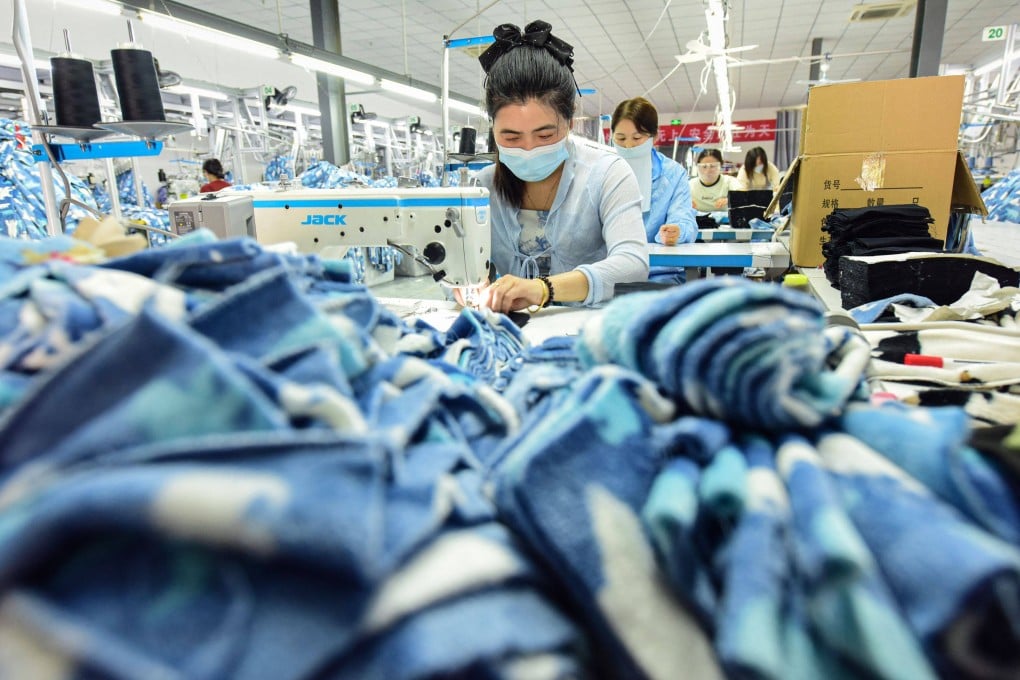Advertisement
Opinion | US tariffs a wake-up call for China to improve labour standards
If China’s export competitiveness remains reliant on lowering its labour standards, the US and others will continue their trade-restrictive policies
3-MIN READ3-MIN
2

The intensifying US-China trade tensions, most visibly in the form of US tariffs, have been framed as a significant threat to China’s export-driven economy. The real impact of tariffs remains to be seen.
However, China should see the tariffs for what they really are: a signal that the world is losing patience with a model of growth built on cheap labour and poor protections, and with its impact on economies.
This pressure need not be seen as a challenge, but as an opportunity. There is no better moment for China to pivot – to embrace labour reforms and build a more resilient and fairer economy at home.
Advertisement
The tariffs are just the latest example of a world increasingly wary of China’s manufacturing supremacy. From “nearshoring”, where the United States and its allies encourage companies to move manufacturing closer to home, to the European Union’s Anti-Coercion Instrument, countries are acting to reduce their reliance on Chinese products.
China has endeavoured to offset this growing economic risk. In the past decades, China’s dependence on the US market has steadily declined. China’s share of goods exports in its gross domestic product dropped from 36 per cent in 2006 to 18 per cent in 2023. Exports to the US accounted for 15 per cent of the total last year, down from around 20 per cent in 2017.
As China navigates its economic restructuring and as tariff-shocked US allies seek new trading partners, how Washington’s tariff strategy will ultimately affect China’s economy remains uncertain. This is not to say there has been no immediate impact. Last December, Chinese exports to the US spiked by over 15 per cent year on year as buyers rushed orders ahead of tariff increases. Chinese manufacturers have had a busy few months.
Advertisement
Select Voice
Select Speed
1.00x

